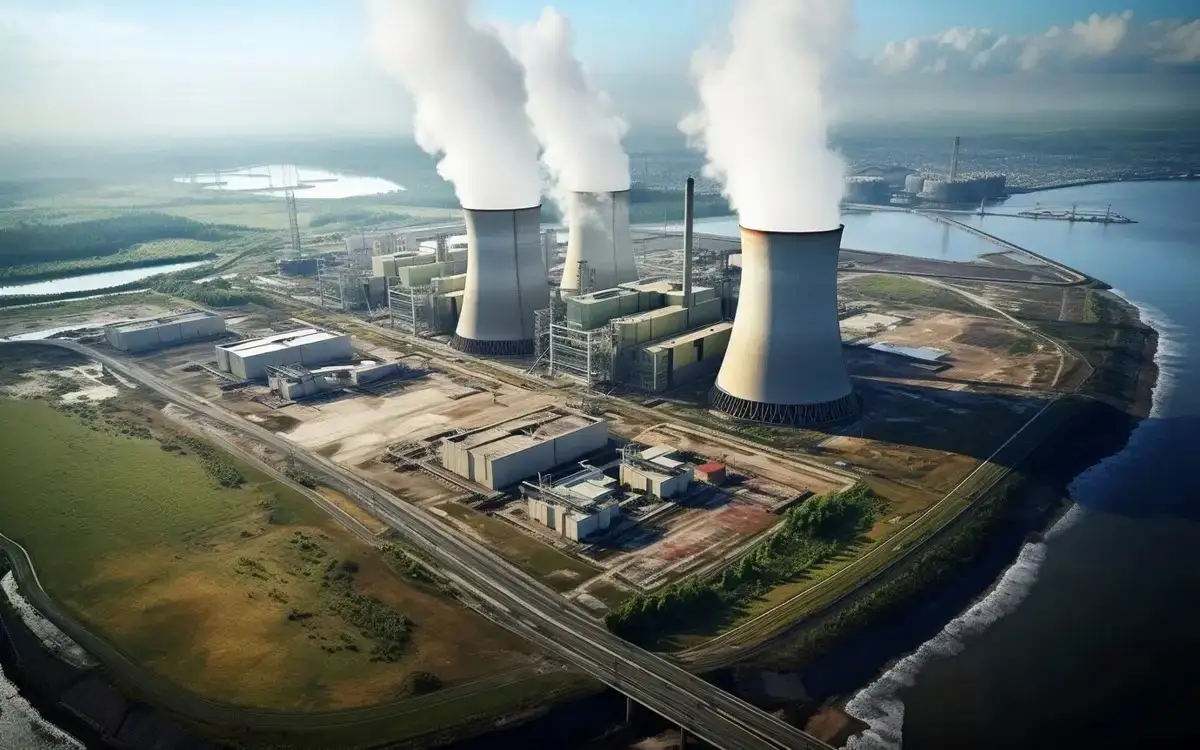WNAM MONITORING: The final decision on the fate of the nuclear power plant in Kazakhstan will be made at the nationwide referendum, President Kassym-Jomart Tokayev said at a meeting with intellectual circles in Almaty.
Kazakhstan, according to the Head of State, has embarked on the path towards achieving carbon neutrality by 2060. However, in order to make that happen, Kazakhstan needs to go through a complex process of in-depth transformation of its economy associated with serious challenges.
“The situation is further exacerbated by the fact that in the foreseeable future, our country may face a significant electricity deficit. According to some forecasts, without decisive measures, the shortage of power capacity could reach six gigawatts by 2030. This could lead to a substantial slowdown in the pace of our economy’s growth and a systemic crisis in the housing and utilities sector, negatively impacting people’s lives,” emphasized the President.
Kassym-Jomart Tokayev believes that nuclear energy, actively advocated for by representatives of the energy sector, could be one of the solutions to the problem.
He went on to stress that Kazakhstan holds the first place in the world in terms of the volume of naturally mined uranium.
“We have our own production of nuclear fuel components. This significant competitive advantage should be utilized,” Tokayev noted. “However, this matter requires broad public discussions and detailed deliberations within the professional community, free from populism and noise. I hope that the scientific community actively participates and provides its weighty input, based on principles of objectivity and pragmatism. The final decision regarding the development of nuclear energy will be made by the people at a nationwide referendum.”
According to the Kazakh leader, in the context of rapid development of renewable energy sources, utmost attention should be paid to comprehensive economic diversification.
Kazakhstan, in his words, has tremendous potential in the production of green hydrogen, and breakthrough projects in this field are already underway.
“It is essential to establish the production of high-value-added products in the petrochemical industry, including both traditional plastics and new materials. The development of a green economy will drive demand for rare and rare-earth metals, which are crucial for battery production. For instance, experts estimate that to achieve carbon neutrality by mid-century Europe will require 35 times more lithium, compared to current level of consumption. Fortunately, we possess significant reserves of lithium and many other metals. We must expand geological exploration efforts and adopt the best global practices in this sector,” he said.


